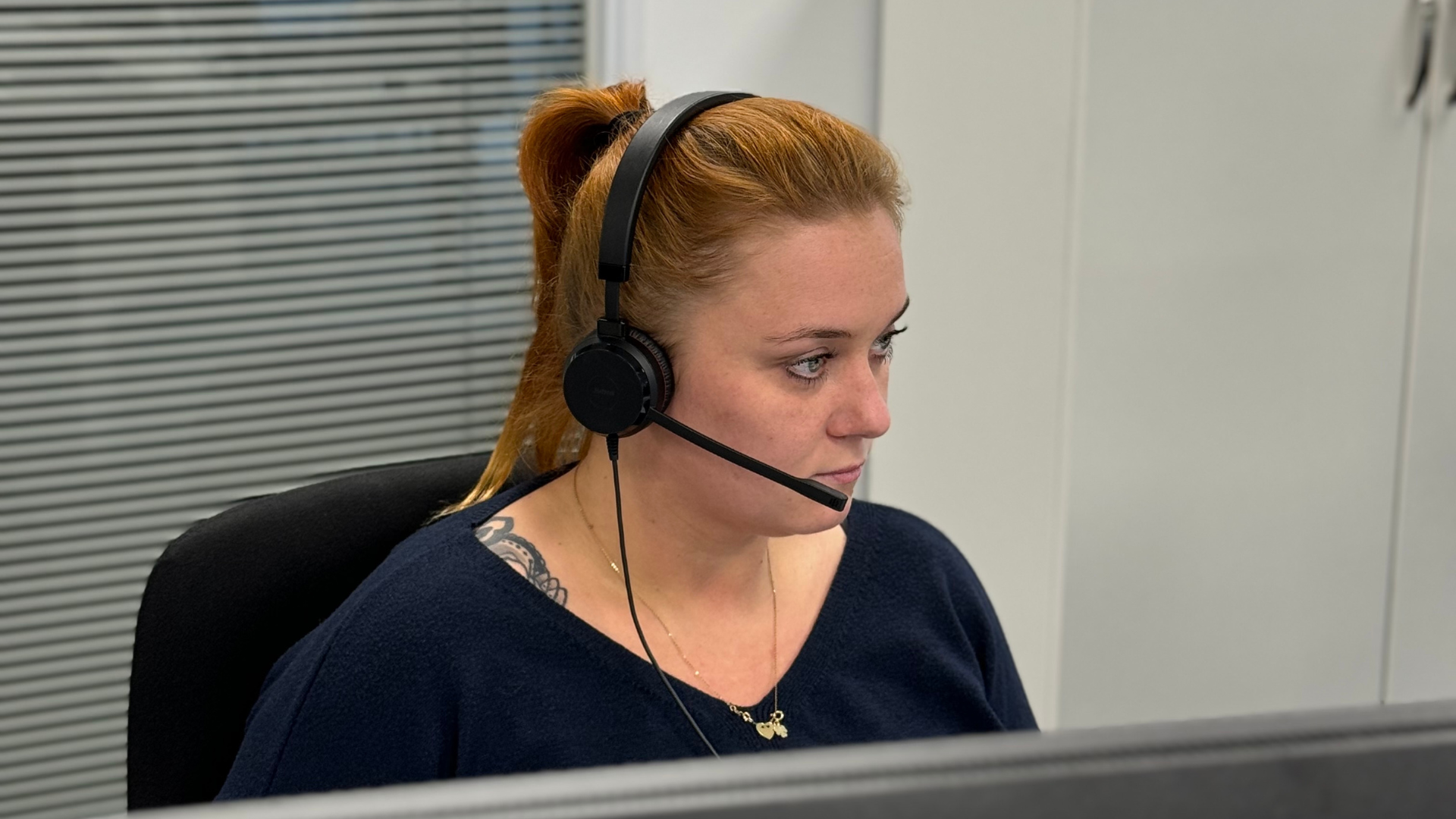
Workplace wellbeing refers to how content and healthy your employees are at work. A strong workplace wellbeing strategy is important for keeping employees happy and staying with your company. It can also greatly improve how your business runs.
When employees are mentally and physically well, they are more productive, positive, and resilient to personal or professional changes. The best way to improve workplace wellbeing is to create an Employee Wellbeing Program. This program should have clear strategies to address any wellbeing concerns your employees may have.
The Chartered Institute of Personnel and Development (CIPD) is a professional body specialising in HR. They divide wellbeing management into 7 key areas: physical and mental health, good work, values and principles, collective and social, personal growth, good lifestyle choices, and financial wellbeing.
It is important to think about all these aspects when making a workplace wellness plan. The type of workplace can affect the services you offer. For example, a factory setting often focuses more on physical safety training. In contrast, a stressful work environment, like emergency services, needs more mental health support.
To improve the physical wellbeing of your employees, you can offer:
To improve the mental wellbeing of team members and reduce stress in the workplace, you can:
Workplace wellbeing should be part of every part of your business. It should be a priority at all levels. With a strong employee wellbeing programme, your business will be more efficient, successful, and respected.
For more tips on managing employees, visit our Press Room posts. You can also contact us to learn how we can help you find great candidates.


Internal hiring or recruitment agency?. Discover which method delivers faster results and a more effective hiring process.
 Read here
Read here

Contingency recruitment involves outsourcing talent acquisition to a professional recruitment company. Unlike retained recruitment agencies, contingency agencies receive payment only when an employer hires their candidate.
 Read more
Read more

A bad hire can cost you double your initial budget. Discover how to protect your hiring costs, reduce risk and improve recruitment outcomes
 Read more
Read more